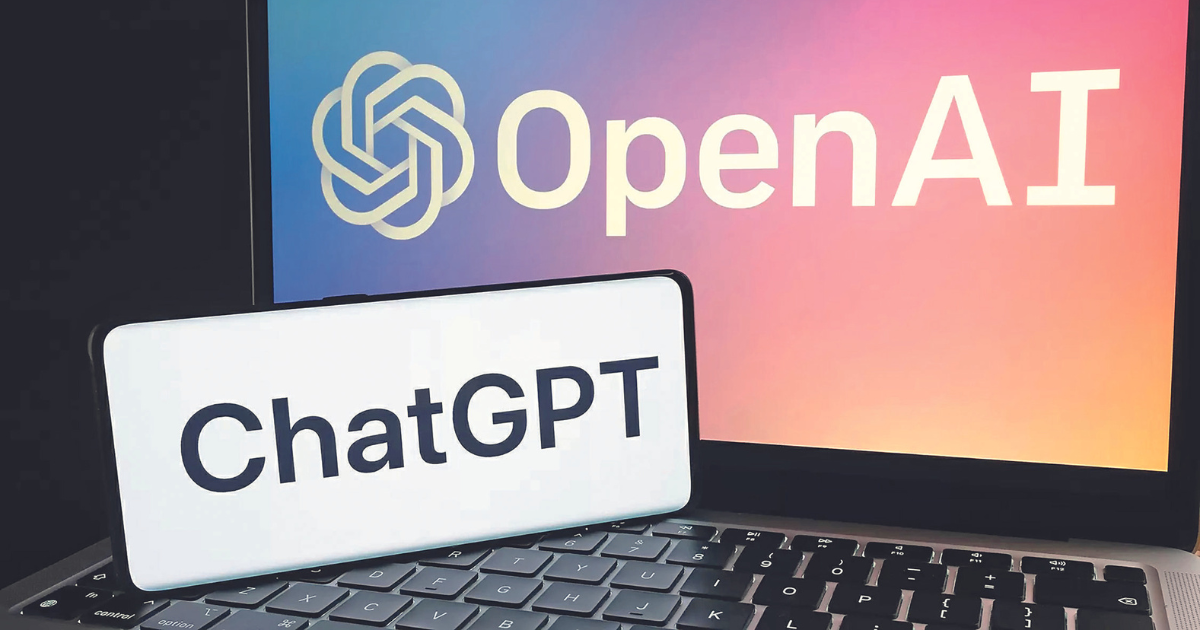Latest News
ONE HUNDRED YEARS OF ChatGPTude

Many years later, as he faced the firing squad, Colonel Aureliano Buendia was to remember that distant afternoon when his father took him to discover ice,” Gabriel Garcia Marquez used this iconic line to embark on a tour-de-force on human nature in his literary masterpiece One Hundred Years of Solitude. Had Gabo, as his adoring fans call him, been alive today, he would have begun with ‘A few days later, as he put a gun to his head, Colonel Aureliano Buendia was to remember his lonely midnight doomscrolling that introduced him to ChatGPT.’
The famous opening line, juxtaposing the macabre realities of life with the sense of wonder that comes with appreciating human ingenuity, draws readers into a wild journey of exploration. Not just of human existence and their place in it, but also the fertile nature of the human mind that can conjure up imaginary worlds to convey profound insights. And then, there is ChatGPT. No matter which line one prompts the machine with, it spits out a few paragraphs mimicking the human mind.
Magical Realism and AI Gabo makes us marvel at the human ability to understand our origins, internalize our journey through civilizations, observe the mundane, day-to-day life, and convey a deeper sense of meaning and belonging that fills our hearts with contentment when we turn the last page. Ironically, ChatGPT uses similar means to achieve fairly pedestrian ends. The Generative Pretrained Transformer (GPT) – built on something called a large language model – takes in everything ever written in a particular language, calculates the probability of any word following a given word, and strings together humansounding sentences. Gabo playfully mocks the cyclical nature of human endeavors in the hope of liberating our souls. ChatGPT exploits the cyclical math of words to keep us trapped in a linguistic status quo.
Where will it take us?
ChatGPT evokes fatalism of a completely different kind. At one level, it is just another, and utterly predictable, step in the long march of technological progress. The geek in me asks: If an assembly line can automate and obviate physical labor, what is wrong in ChatGPT automating the mental labor of stringing together words? Who are we, if not elitists, to benefit from the efficiencies assembly lines bring and lament the banality of the language ChatGPT spits out without even a moment’s worth of ‘thought’?
While the world is still in thrall of the capabilities of the latest version of ChatGPT, the perils of using such AI for automating writing are already staring at us. A recent report in the Washington Post summarizes how AI created a journalistic disaster for a media outlet, forcing it to issue countless corrections. Soon enough, pitfalls of such advances will sow socio-political divisions, prompting ethicists and politicians to call for meaningful regulations. As this author has argued before, AI engineers will have to grapple with issues of technology for its own sake vs. the democratic systems that enable free inquiry, challenging authority, and maximizing human capital.
Whatever the future holds, it will certainly chip away at our sense of what it means to be human. The fatalist in me even wants to believe that one hundred years of ChatGPTude will produce a masterpiece like Gabo’s. The radical and romantic in me is screaming inside, begging me not to bet on it!
MAUKTIK KULKARNI The writer is a neuroscientist, backpacker, author, entrepreneur, public speaker and a film maker
SOURCE: FAIR OBSERVER





.png)
.png)
.png)
.png)
.png)
.png)




.jpg)
.jpg)
.jpg)



